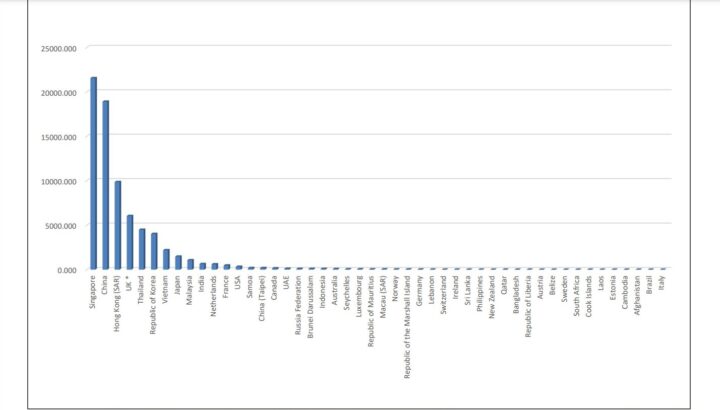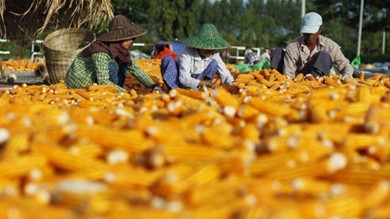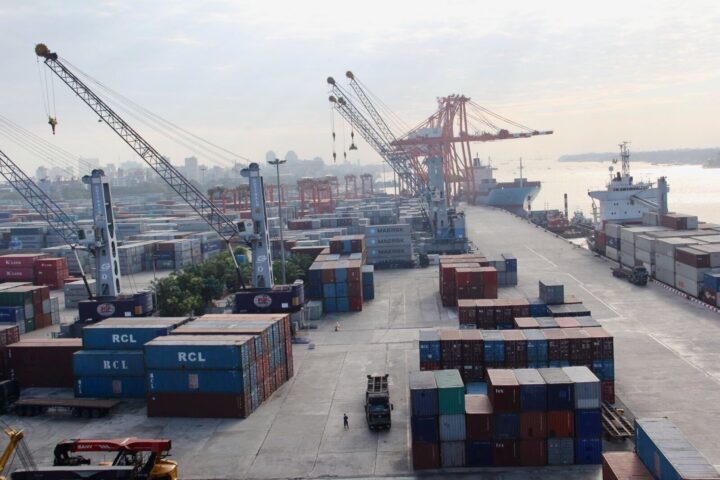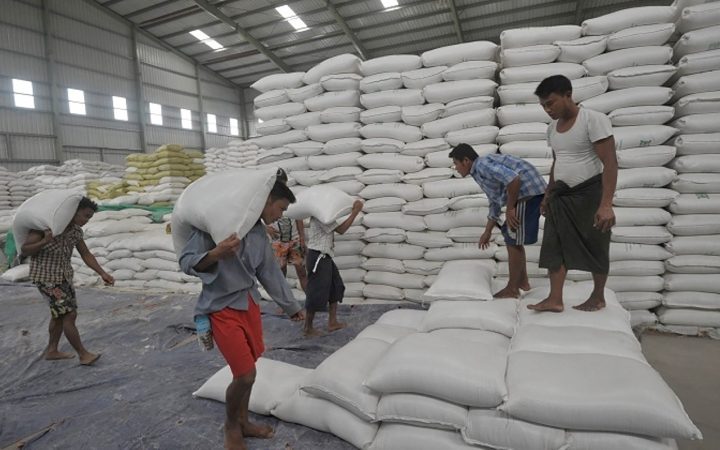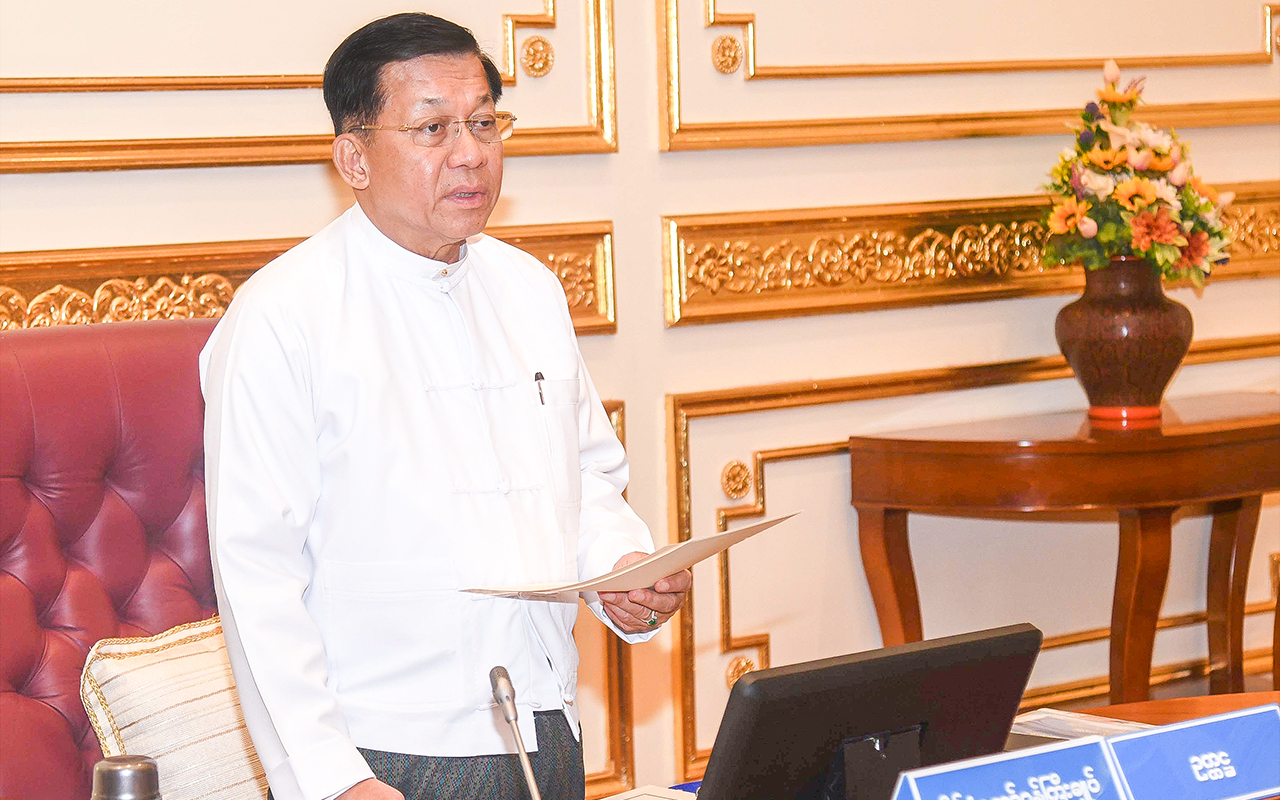Customs department introduced customs warehouse without Value-Added Tax (VAT) in the country to reduce import restrictions on Myanmar goods (U Soe Win, Union Minister of Planning and Finance)
18 ธันวาคม 2561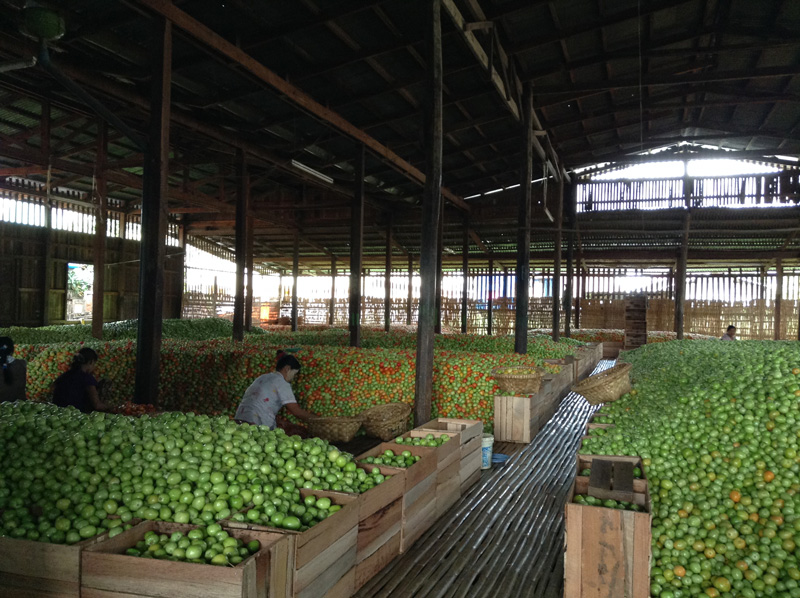
The customs department will introduce customs warehouses, or bonded warehouses – where goods can be stored without Value-Added Tax (VAT) or import duties – in the country, Finance Minister U Soe Win said on Friday.
The aim is to align local customs warehousing procedures with international standards and reduce import restrictions on Myanmar goods, the cabinet minister explained during a meeting with Vice President U Myint Swe and business representatives.
The tax reductions will involve lowering the advanced income tax burden and simplifying the logistics processes to save time.
“Customs warehousing can help simplify export and import processes. Warehouses are a means to store inventory which can provide a steady supply of material when needed and help hedge against high commodity prices. Additionally, it will support legitimate trading and minimise illegal trading,” U Soe Win said.
Customs warehousing is not new in Myanmar. Thilawa Special Economic Zone (SEZ) last year already introduced bonded warehouses and SEZ warehouse services for domestic and foreign companies.
Bonded warehouses allow storage of foreign cargo owned by domestic businesses which are locally registered before paying duties, whereas SEZ warehouses opens up the area to foreign companies as well.
According to Thilawa-based Daizen Myanmar, Myanmar’s first operator of such services, the measure has boosted Thai-Myanmar cross-border trade as well as the country’s role as a regional logistics hub.
A pilot project using semi-trailer swapping with bonded cargo has already halved the time needed to reach Thilawa from Thailand compared to conventional road freight.
In this context, introducing bonded warehouses will significantly accelerate cross-border logistics between Myanmar and its neighbours and can be used as an alternative to ocean freight for a wide range of suppliers.
The finance minister added that the authorities will lower the import duty on raw materials and raise the duty on finished products. “
The scheme will help improve market competitiveness, attract more investors, and create more jobs. It will also bridge the gap between import and export businesses,” he said.
According to the minister, state-owned Myanma Economic Bank (MEB) is providing loans to businesses in manufacturing, services, transport, trading and construction.
The MEB has an interest rate of 11 percent on overdraft loans, while the interest rate for term loans within three years is 12.5pc. Medium-term loans (3-5 years) have a 12.5pc interest rate, and 5-10 year loans have a 12.25pc interest rate.
Any loans below K300 million can be authorised by MEB’s board of directors, but loans above that threshold need ministerial approval.
The state-owned bank currently manages JICA’s two-step loans and Overseas Development Assistance loans aimed at supporting small and medium-sized enterprises (SMEs). Myanmar Citizens Bank, KBZ, Co-operative Bank, Ayeyarwady Bank, First Private Bank, and United Amara Bank are involved in providing the JICA two-step loans to domestic businesses.
(The Myanmar Times: https://www.mmtimes.com/news/myanmar-introduces-bonded-warehousing-lowers-raw-material-import-duties.html )

